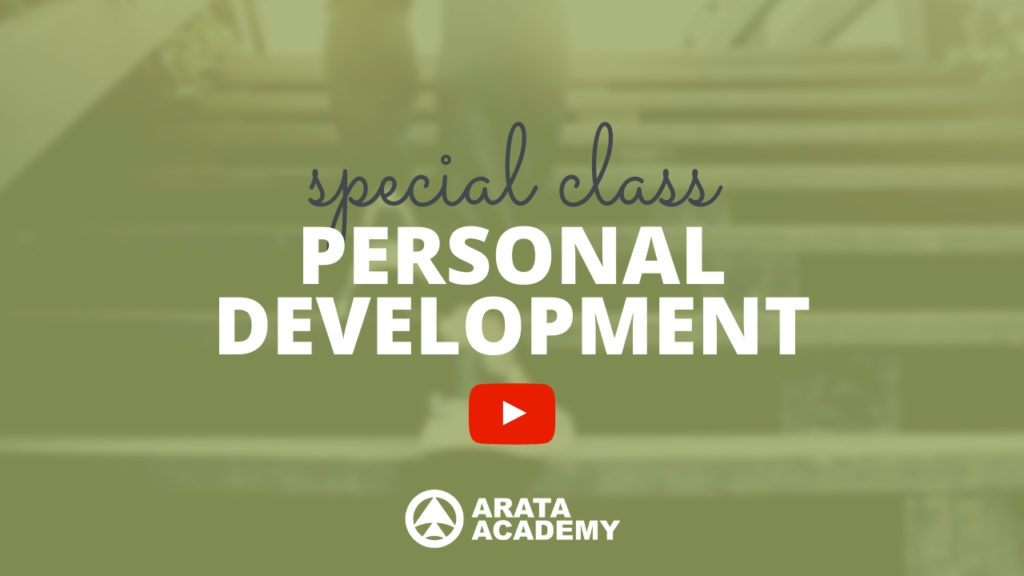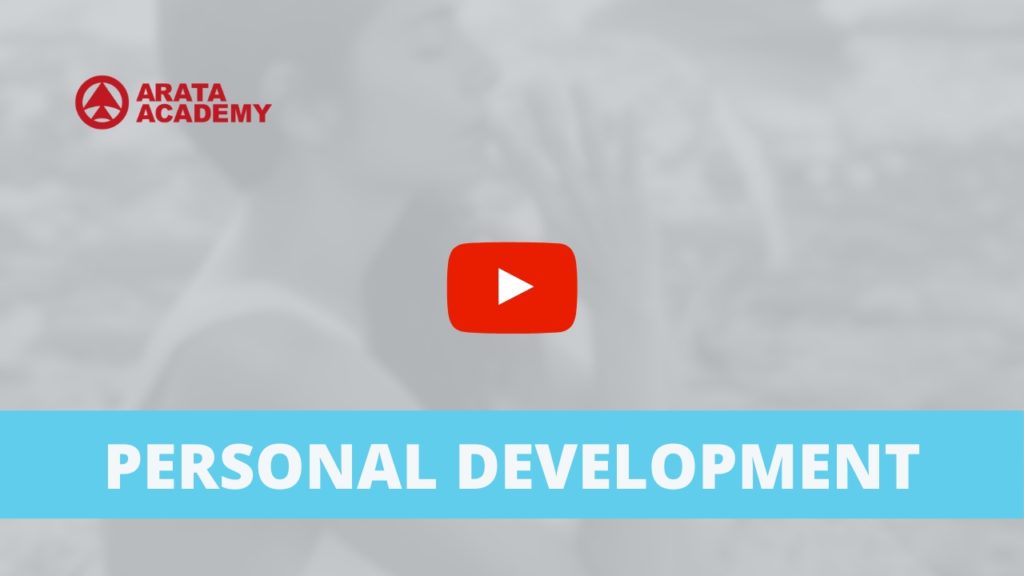Hello! Seiiti Arata. Sooner or later you’ll face struggles in life, and that is why it is worth gaining mental strength so you don’t end up dwelling on defeat.
1. Optimism and negativism influence our perseverance
Those who have perseverance tend to perceive the struggles as reversible and sporadic events.
Do you remember our episode number 39, in which we spoke about the importance of persistence? Check out the link at http://arata.se/hello39.
Persistence is attached to the type of thinking we do. “This struggle is going to end. This is an isolated episode. I can do something about it”. That’s how we can reinterpret a hardship that is capable of causing others to give up.
The negative mindset crushes the chances of having persistence thanks to this kind of internal dialogue, “This can’t be fixed. It’s the end. I can’t do anything about it. Suffering is all I have left. Why me? What did I do to deserve this?”
2. To overcome life’s struggles, we have to control our own thoughts.
Talking is easy, but when we’re at the hurricane’s eye, it’s easy to lose control. Those who let emotions rule them can quickly fall into despair, thinking that all is lost.
Thus, it’s necessary to have the ability to distance yourself a bit, looking at yourself from a third person’s angle. I usually say on my courses that using the cameraman’s eye is a helpful technique, in other words, imagining that you’re simultaneously holding a camera and filming yourself. That helps to evaluate your situation and analyze your feelings.
That’s the reason why we always work on self-knowledge on the courses of Arata Academy. Without that consciousness, we’re mere robots, living in autopilot. Doing things like we’ve always done them, harvesting the very same results. If we’re seeking change, we must stop a bit and evaluate what our choices are.
Consciousness is what lets us understand the quality of our thoughts.
The minute you start believing that failure is permanent and that the situation is out of control, is the minute that the warning signal is given. Remember that signal is a call for you to search another angle to frame the situation and reinterpret it in a different way.
3. The catastrophic scenario is just one among many.
Fear lives within us. Fear feeds our creativity to imagine catastrophic scenarios. Fear makes us picture the worst scenario possible.
Again, it is the enlightenment, the consciousness that saves us. Think that we’re facing a fictional catastrophic scenario.
That’s the worst scenario possible. And the first thing to do is to identify that catastrophic scenario. In the other words, gain the consciousness that we’re facing a catastrophic conjecture. Right after, imagine the best situation possible to have a contrast.
And, lastly, imagine all other likely scenarios.
It’s with that wider sight that we develop plans to cope with the situation.
We can develop strategies to cope with problems, avoiding the catastrophic scenarios melodrama. That is the difference between elaborating effective contingency plans and being the victim of catastrophic scenarios, in which we lay hopelessly.
Everyone lives through tough times. What makes the difference is our posture and the way we interpret the situation.
What is the events’ meaning? Is it a challenge that I’ll overcome? Is it going to be an opportunity to learn something? Or will it be the end of everything? Is it a punishment?
Only you will give meaning to those hardships. And your actions (or the lack of them) reflect your consciousness level when it’s time to face the struggles.

